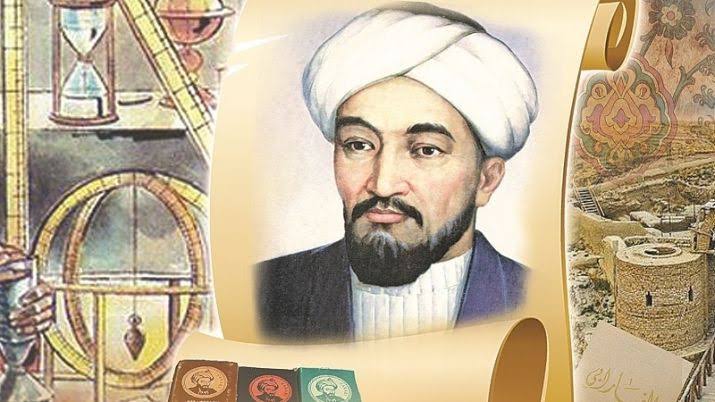Al Farabi stands as a remarkable figure in classical philosophy, recognized as a prominent thinker who skillfully combined Hellenic philosophy with Islamic theology during the medieval Islamic Golden Age. Born in Farab, Turkestan, he rose to prominence as the second master, following in Aristotle’s footsteps, within the Islamic intellectual community. His enduring legacy extends beyond his profound contributions to cosmology, logic, and music, encompassing a comprehensive exploration of dialectic philosophy.
A distinguishing aspect of Al Farabi’s scholarship lies in his adept explanation and interpretation of the philosophical tenets proposed by Aristotle and Plato, infusing them with metaphysical, psychological, and philosophical implications drawn from Islamic principles. Consequently, Farabi emerged as a beacon heralding the renaissance of Islamic thought during the medieval era. Central to his body of work are seminal texts such as “Kitab-el Siyaset’ül Medeniye” (Book of Politics) and “Mebadi’i ara’i Ehl el-Medinet’il Fadıla” (The Principles of the Opinions of the Ideal City), which expound utopian philosophies envisioning the contours of an ideal state and its governance. Many scholars posit that Al Farabi drew inspiration from Plato’s Republic and Laws in formulating his vision of an ideal society.
Epistemologically, Al Farabi’s framework bears the imprint of Neoplatonism, seamlessly integrating Aristotelian influences. Like his classical predecessors, he espoused the notion that the ultimate pursuit of life culminates in the attainment of “true happiness.” However, Farabi’s conception of true happiness transcends mere individual gratification, tying it to the realization of an idealized personality achievable through self-philosophical enlightenment. Crucially, he emphasizes the indispensable role of collaboration and solidarity in nurturing the ideal personality, underscoring the interdependence of diverse talents in the quest for perfection.
In Al Farabi’s schema, politics assumes paramount significance not merely as a mechanism for resource allocation but as a facilitator of harmonious collaboration conducive to societal development. He echoes the Peripatetic philosophers in conceiving politics as an art form, albeit imbued with Islamic theological underpinnings. For Farabi, collaboration represents a socio-political developmental paradigm that unfolds progressively from the familial unit to encompass broader societal and state structures, culminating in universalization.
The concept of the virtuous society (“ma’mura al-fadıla”) envisioned by Al Farabi hinges upon dynamic, holistic, and humanistic collaborative development, akin to a form of political maturity. Notably, his political philosophy draws parallels with Stoic ideology, employing analogies from human biology to expound his theories. Moreover, discernible correlations exist between Al Farabi’s ideas and those of modern philosophers such as Immanuel Kant, Karl Deutsch, and Keen Booth, particularly regarding notions of solidarity and collaboration.
A critical aspect of Al Farabi’s intellectual legacy lies in his synthesis of classical philosophy with Islamic thought, bridging the schism between East and West in political philosophy. Unlike his predecessors, Al Farabi navigated tranquil waters devoid of political tumult, affording his ideas a rare clarity and stability. His paradigmatic shift from the turmoil-ridden contexts of his contemporaries allowed him to develop a more reasoned and enduring theory of the ideal state and political order.
Central to Al Farabi’s philosophical corpus is the elucidation of the “world state theory,” which underscores the philosophy’s inherent mission to delineate a coherent worldview and define humanity’s place within it. Rooted in an understanding of power, justice, and political systems, this theory contextualizes philosophical discourse within the socio-political environment, transcending temporal and spatial constraints.
In conclusion, Al Farabi synthesis of classical philosophy and Islamic thought enriched the intellectual landscape of his time. His legacy endures as a testament to the enduring pursuit of wisdom and the enduring quest for an ideal society predicated on collaboration, solidarity, and enlightenment. Through a careful examination of Al Farabi’s ideas, this endeavor seeks to bridge the gap between East and West in political philosophy, offering a complex perspective free from Western centrism or hegemony.

Mr. Muhammad Ali Pasha is an analyst and expert on Central Asia, South East Asia, China, Türkiye and Middle East having experience in the field of article writing in various renowned journals and newspapers across the globe. Furthermore, he is a writer and poet.


